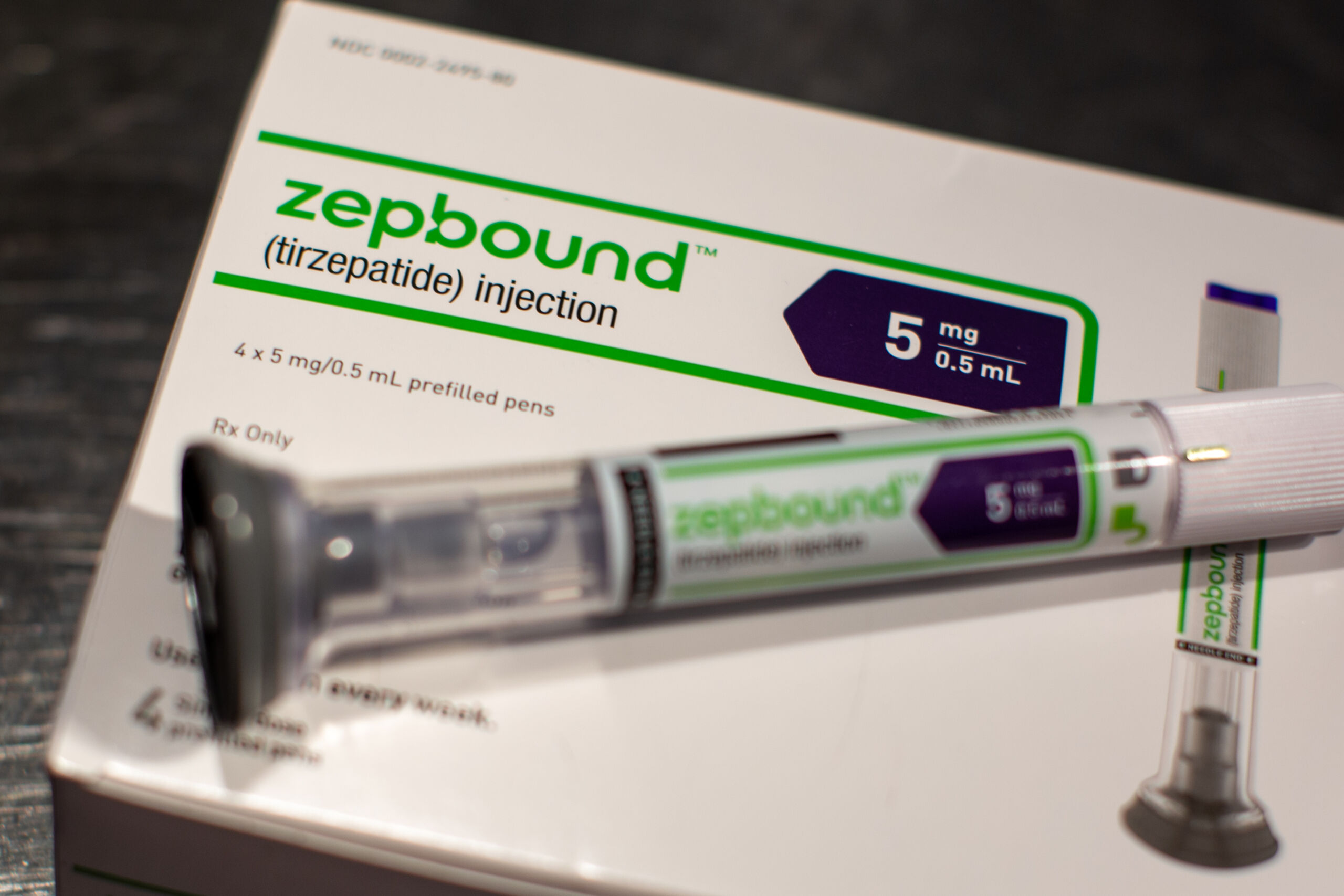Pharmaceutical giant Eli Lilly earned praise this week with an announcement that it is now selling starter dosages of its popular weight-loss drug tirzepatide (Zepbound) at a price significantly lower than before. But the cheers were short-lived as critics quickly noticed that Lilly also quietly raised the price on current versions of the drug—a move that was notably missing from the company's press release this week.
In the past, Lilly sold Zepbound only in injectable pens with a list price of $1,060 for a month's supply. Several dosages are available—2.5 mg, 5 mg, 7.5 mg, 10 mg, 12.5 mg, or 15 mg—and patients progressively increase their dosage until they reach a maintenance dosage. The recommended maintenance dosages are 5 mg, 10 mg, or 15 mg. The higher the dose, the more the weight loss. For instance, people using the 15 mg doses lost an average of 21 percent of their weight over 17 months in a clinical trial, while those on 5 mg doses only lost an average of 15 percent of their weight.
On Tuesday, Lilly announced that it will now sell Zepbound in vials, too. And a month's supply of vials with the 2.5 mg doses will cost $399, while a month's supply of 5 mg doses is priced at $549—a welcome drop from the $1,060 price tag. These prices are for a self-pay option, meaning that patients with a valid, on-label prescription can buy them directly from Lilly if they have no insurance or have insurance that does not cover the drug.
"This new option helps millions of adults with obesity access the medicine they need," Lilly said in its announcement of the vials and their prices.
The company also included a quote from James Zervos, chief operating officer of the nonprofit Obesity Action Coalition. "Expanding coverage and affordability of treatments is vital to people living with obesity," Zervos said. "We commend Lilly for their leadership in offering an innovative solution that brings us closer to making equitable care a reality." Even President Biden chimed in on social media, saying he was "pleased" by the discount, though he urged drug companies to cut prices "across the board."


